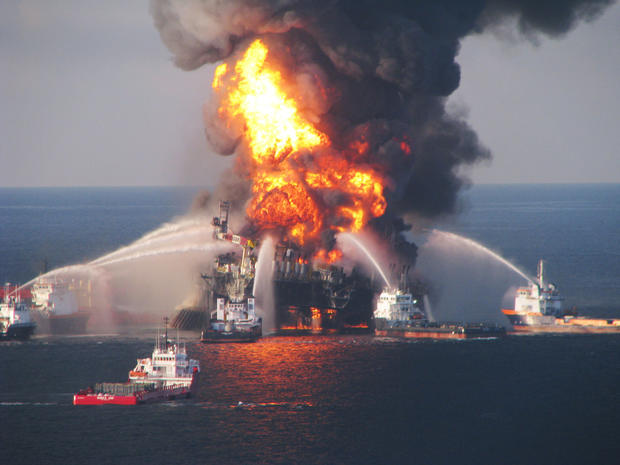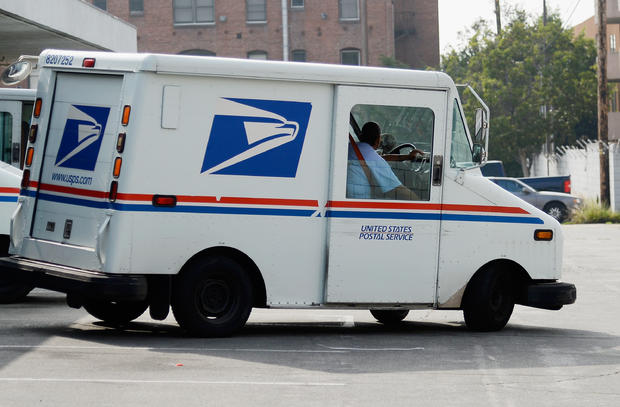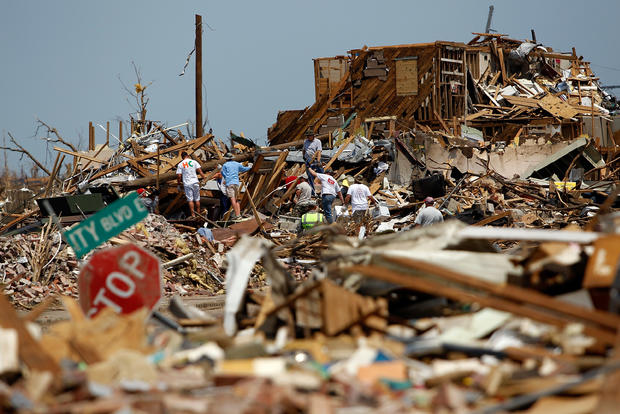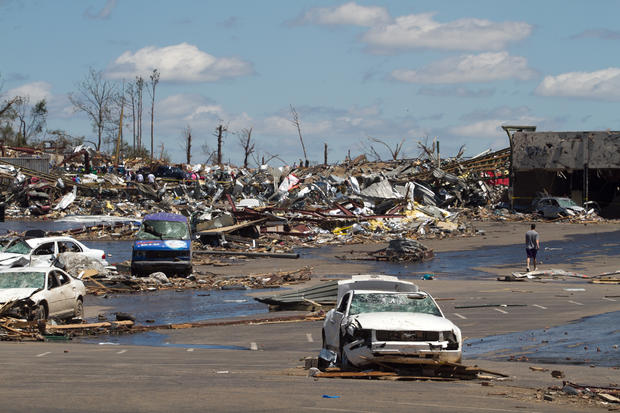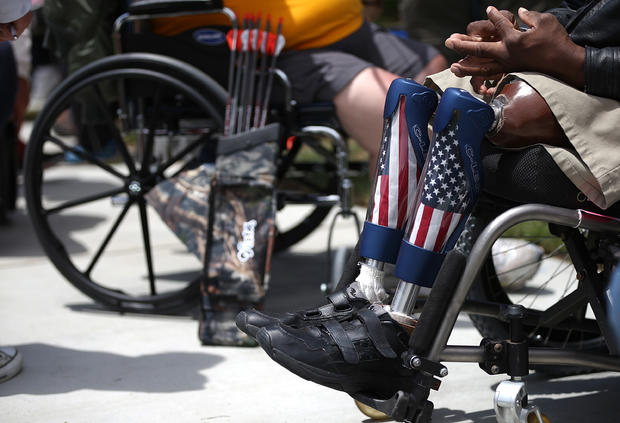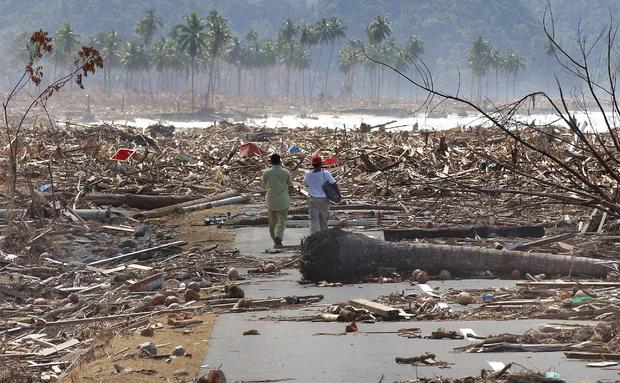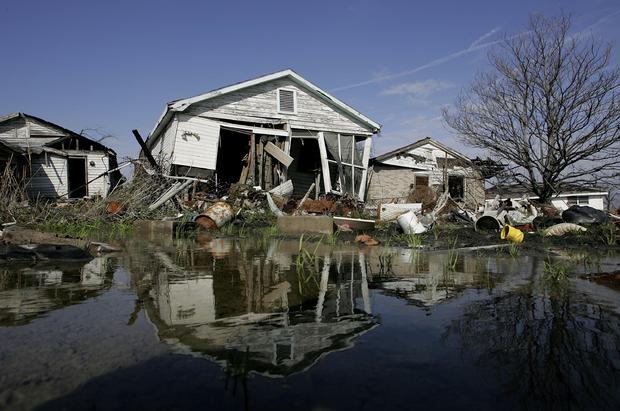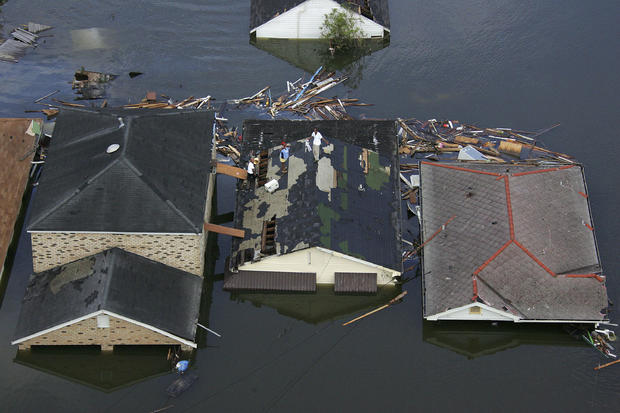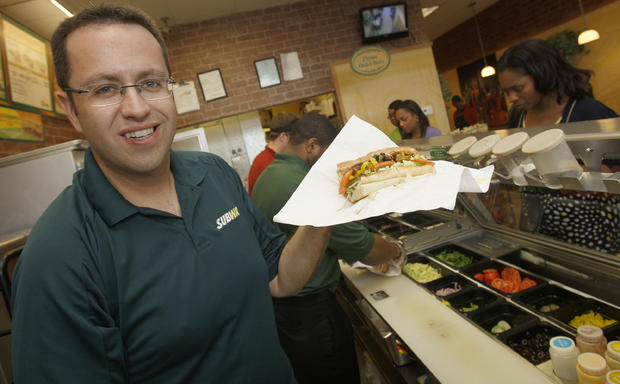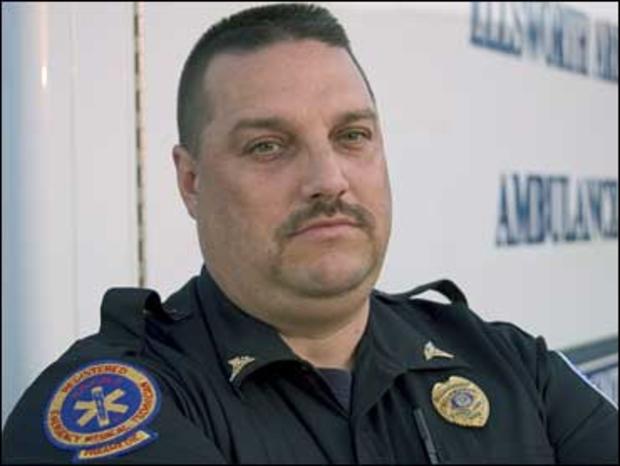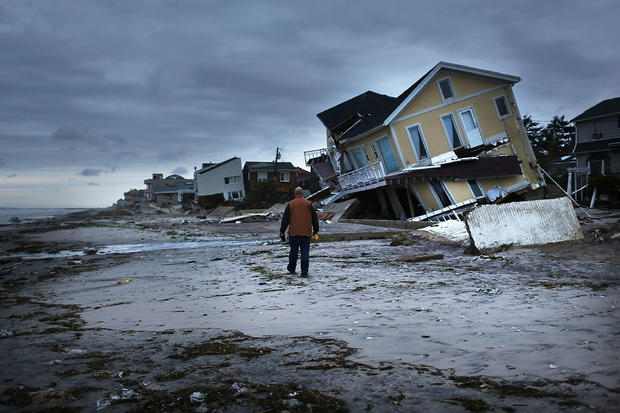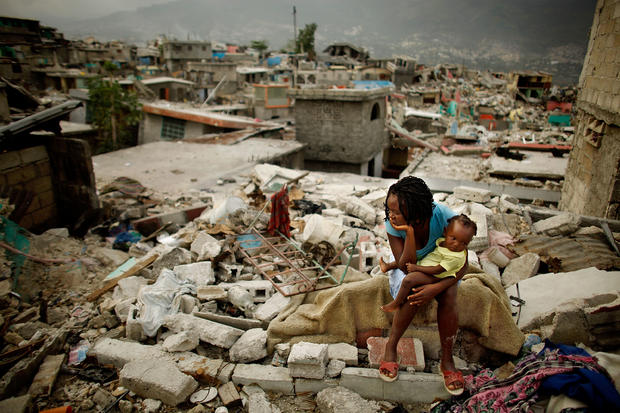Scoundrels who ripped off the needy
When tragedies strike, countless people rush to the rescue with charitable donations and acts of kindness. But there is also another rush, from the underbelly of society, to take advantage of the largesse flowing in.
In October 2015, for example, the Department of Justice charged seven people with exploiting more than $2 billion from a disaster relief program set up to help victims of the BP Oil spill. The accused allegedly submitted false claims on behalf of 40,000 individuals in Gulf Coast states without their consent; and stole victims' identities, using their names, addresses, Social Security numbers and other personal information to create phony legal clients for litigation against BP. It is now the largest disaster fraud, identity theft case in history.
Postal workers steal Xmas presents
Every year around the holidays, the U.S. Postal Service runs a program, called Operation Santa Claus, in which volunteers respond to the "Dear Santa" letters of needy children with gifts.
Well, in June 2015, three postal workers at the Operation Santa Headquarters in Manhattan were charged with conspiracy and mail fraud, for writing fake letters to fraudulently obtain electronics, clothing and other items; even replacing underprivileged kids' addresses with their own addresses for gifts to be delivered.
Tuscaloosa tornadoes
In April 2011, a string of tornadoes tore through Alabama, killing 240 people and leaving thousands more homeless. Tuscaloosa was hit especially hard, with many residents losing everything. Then, people who hadn't lost everything began pretending that they had, to get money from FEMA.
Defrauding FEMA
One man, named Robert Lee Spires, received $1,114 for rental assistance and $471 for personal property assistance, after filing a claim with FEMA for a damaged property he didn't live in. He then sought further disaster benefits for non-existent vision-related expenses, and for a car and home appliances he did not own.
Spires pled guilty to the charges, and was sentenced to 21 months in prison.
Cheating disabled veterans
In 2014, the Disabled Veterans National Foundation was duped by two fundraising firms it hired to help raise money for former service members. The firms, Quadriga Art and Convergence Direct Marketing, used a series of direct mail campaigns, which while moving, used fake stories to inspire donations.
The fundraisers ultimately netted more than $100 million from donations to the charity, while the DVNF ended up close to $14 million in debt. More than 90 cents of every dollar donated by consumers went to the for-profit fundraisers.
Soliciting tsunami aid
On December 26, 2004, a 9.1 magnitude earthquake and resulting tsunami devastated Indonesia, killing more than 104,000 people and leaving the country in ruins. A month later, federal agents charged an unemployed painter in Pittsburgh for sending out 800,000 emails, claiming he was raising money for tsunami aid on behalf of the Portland-based humanitarian organization, Mercy Corps. Matthew Schmieder reportedly told authorities that he planned to use the fraudulent money to fix his car and pay his bills.
Cancer charity scam
Nothing pulls at people's heartstrings and inspires them to reach into their wallets quite like a charity that helps kids with cancer. But in May 2015, the Federal Trade Commission accused one such charity, the Children's Cancer Fund of America, of actually being a money-making scam, which cheated consumers out of $187 million. The charity claimed that donations would be used to provide cancer patients with pain medication, hospice care, and transportation to chemotherapy treatments, but that's allegedly far from what happened...
Donations used for cruises, etc.
Instead of using donations to help cancer patients, the people running the CCFO and three other cancer charities allegedly used $187 million of donations on cruises, cars, college tuition, vacations, gym memberships and dating site services.
Red flags at the Red Cross
In the aftermath of Hurricane Katrina, the Red Cross set up three call centers across the country to help speed up the delivery of support to people on the Gulf Coast who needed it badly. Florida-based company, Spherion, was tasked with hiring workers to fill those centers. But in the chaos after the storm, there wasn't enough time to run background checks on all of those 1,200 workers. So, 49 bad eggs got in...
49 indicted in Katrina scheme
Those 49 employees drained over $200,000 from the Red Cross fund by helping family and friends file false claims for aid money, then giving them PIN numbers to exchange for cash at their local Western Union.
When a suspicious number of those PINs were cashed at a Western Union in Bakersfield, California, red flags were raised. In some cases, it was discovered that the fraudulent employees gave the same PIN number to an actual Katrina victim as one of their friends. There would then be a race to the Western Union to get there before the person who truly needed the funds.
Jared Fogle's other misdeed
Former Subway spokesman Jared Fogle landed himself in a lot of hot water over his involvement with child porn, but there's another misdeed that's often overlooked. In 2008, Fogle announced a nonprofit, called the Jared Foundation, which he claimed would give $2 million to schools and community groups to fight childhood obesity. However, a 2015 report by USA Today cites the organization's tax records as proof that it has yet to issue a single grant.
And according to CNN, of the $650,000 the charity raised between 2008 and 2013, it donated just $145,647. That means a larger sum of the foundation's donations went to the salary of its director, Russ Taylor, than children fighting obesity.
Selling 9/11 donations for profit
In the aftermath of the September 11th attacks on the World Trade Center, countless Americans clamored to donate money and goods, in an effort to aid the victims of the tragedy and those at Ground Zero still looking for survivors. A company called Kieger Enterprises was then hired by the government to manage and distribute those rescue supplies.
Working for Kieger was a point of pride for disaster specialists in both New York and Minnesota, until one day...
Blaming the whistleblowers
Chris Christopherson, a disaster specialist at the company's New York warehouse, and Dan L'Allier (seen here), one of his colleagues at Kieger Enterprises' Minnesota headquarters, witnessed hundreds of thousands of dollars worth of donated bottled water, clothes, tools and generators being loaded into trucks, and transferred from New York to Minnesota to be sold for profit.
The two men reported the theft to the FBI, but the company was reportedly never punished. Only the two whistleblowers paid the price; both losing their jobs, receiving death threats, and ultimately being blackballed from the disaster relief industry as a whole.
The storm after the storm
After Hurricane Sandy devastated much of the East Coast in October 2012, a 60 Minutes investigation uncovered evidence of prominent flood insurance companies fudging engineers' reports to make it look as if thousands of homes were not structurally damaged, when they actually were. This wide scale fraud cost thousands of Sandy's victims the money they so badly needed to rebuild.
Avoiding cyber charity scams
After Hurricane Katrina and 9/11, thousands of bogus donation sites popped up online to prey on the generosity of compassionate people. In the years since, the charity world has turned many of its operations to new media platforms like PayPal, text messages, and Facebook applications. These new platforms -- especially text campaigns -- can make a scammer more difficult to spot, and a scheme easier to spread.
So, before you donate funds in the wake of a disaster, experts recommend that you do your due diligence to ensure that the charity of your choice is in fact a legitimate one.

